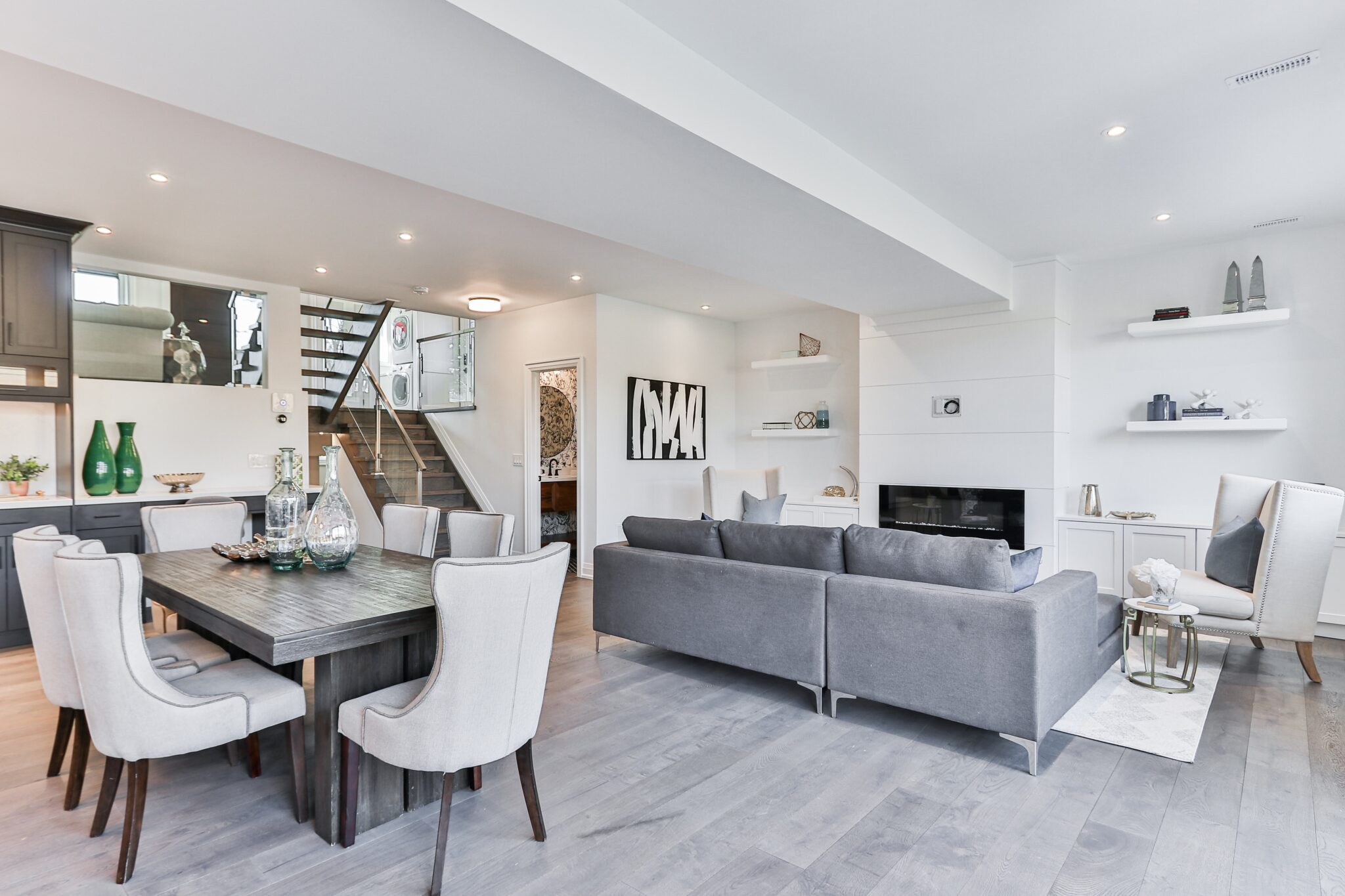
Fixtures and chattels explained
There is more to a property than just the bricks and mortar, and whether you’re buying or selling a property, it’s imperative to understand what legally can and can’t be taken by the seller.
This is where fixtures and chattels come in.
Here we explain what fixtures and chattels are, where they sit in the process, and what you need to consider selling or buying a property.
Fixtures
In layman’s terms a fixture is as the name suggests – something which is fixed to the property and if taken, it will damage the property.
Take the kitchen for example. Fixtures generally include ovens and range tops, sinks, cupboards and work tops.
Examples of fixtures and fittings in other areas of the property may include:
- fixed floor coverings
- fixed window coverings
- curtain rods
- all wired-in light fittings
- ceiling fans
- fixed towel rails
- wired-in air conditioning and security systems
- smoke detectors
- wall or ceiling-mounted brackets for televisions and speakers
- built-in bookshelves, cupboards and benches
- plumbed-in garden sprinkler systems
- pool and spa heating and filtration systems (but not unattached equipment).
- built-in wardrobes
- plugs and sockets
Usually, unless otherwise specified, fixtures are included in the property sale, and the seller will leave them for the new owner.
Chattels
A chattel refers to items that can easily be moved or unplugged, therefore, isn’t permanent.
Taking our example of the kitchen again, unless it is an integrated kitchen and these items can simply be unplugged, fridges, freezers and microwaves are considered chattels.
Examples of chattels in other areas of the property include:
- washing machines
- clothes driers (if wall-mounted, brackets must remain)
- moveable furniture
- outdoor furniture and garden art, unless secured to the ground
- potted plants.
Grey areas
It’s never as clear cut as you’d like, and deciding on whether an item is a fixture or chattel can be subjective, for instance, removable floor coverings. Some sellers may want to take distinctive light fittings or curtains with them too.
Unlikely as it may seem, we have known sellers take the water tank with them to their new property.
Where there is a grey area, anything a seller wants to take with them should be included in the contract.
When buying a house, and there is a particular item you like, if you are in any doubt at all as to whether it is a fixture or chattel, ask; that way it can be included in the contract.
Conditions
Another point is to look at the condition of any fixtures – for instance, how old is the cooktop? Is it still in warranty? Some items may give a potential buyer room to negotiate the price on.
A good conveyancer will ensure fixtures and chattels are correctly listed in the contract – that way everyone in the contract knows exactly what is staying and what is going.
Importantly, both sides of the party are protected, and it should prevent disputes or potential legal challenges, such as suing for damages or compensation claims later down the track.
Sellers should pre-empt any queries
We always ask people who sell their houses with us to think about what they want to take with them; if there is a particular item you want to take with you, like an ornate chandelier, or plumbed in garden fountain, let us know.
That way, we can make it clear from the very start to potential buyers, these items are going, and we can try to exclude these in the marketing photos.
We also encourage sellers to try to get the paperwork associated with any fittings when preparing their house for sale early on in the process.
Our aim to make your sale as smooth as possible, and we’re constantly getting great results for our people who choose us to sell their property.
If you have any queries about selling your property, or would like a free, no obligation quote, give us a call on 02 4954 8833. Or send us an email to: mail@apnewcastle.com.au – we’d love to hear from you.
And don’t forget to check out our Facebook page for handy tips on selling your property or what to look for when buying a property.